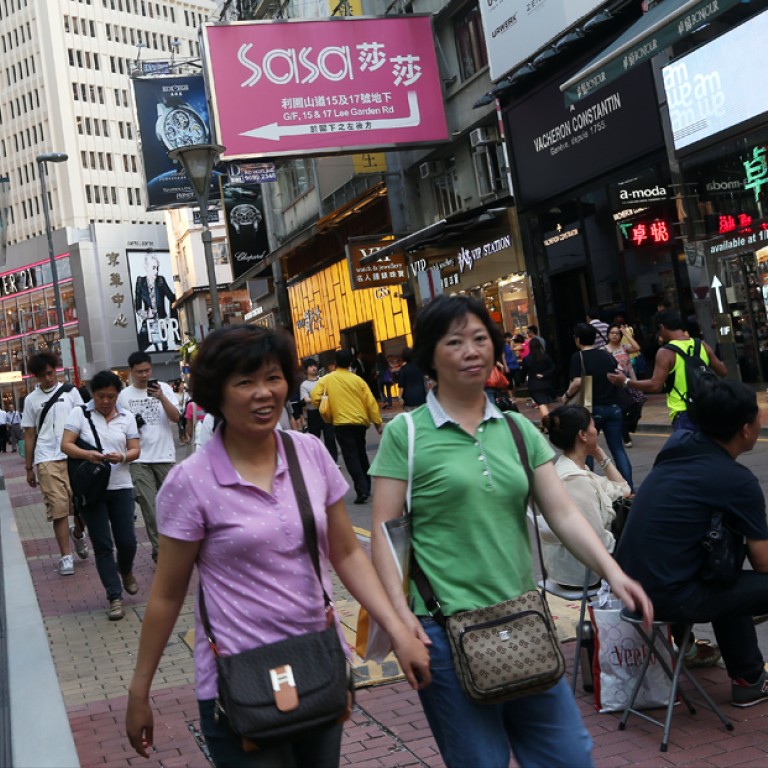
We must limit tourist numbers to save local culture
Businesses in the tourism and retail industry profess that we need more tourists for our economy. These interest groups also say that no countries in the world would turn away tourists or put a cap on numbers.
Businesses in the tourism and retail industry profess that we need more tourists for our economy.
These interest groups also say that no countries in the world would turn away tourists or put a cap on numbers.
There are many forms of tourism. Tourists visit Paris to see its art and museums, Hawaii for its beaches, New Zealand for its nature and Maori culture, and South Africa for its wildlife. These types of tourism do not interfere with citizens' daily lives, as they are confined to certain popular areas. These places are larger than Hong Kong and are not situated conveniently next to a country of 1.3 billion.
Revenue from these kinds of tourism is used for the restoration and maintenance of museums or preserving the culture of indigenous locals.
Medical tourism to Singapore or Bangkok adds high value, however, certain types of tourism, such as sex tourism to Pattaya, is undesirable.
Hong Kong does not have the vast plains of Africa or rich culture of France, so we capitalise on our retail industry. But this must not come at the expense of the entire territory being transformed into a duty-free-shoppers' paradise for mainlanders.
Overdependence on retail tourism is self-reinforcing: the more we depend on tourism, the more our economy is geared towards it - creating jobs for porters, duty-free sales staff, transport, hotels and other low-value-added jobs.
Hong Kong is told the city cannot survive without retail tourism; it takes up valuable space and diverts our attention away from innovation, technology and other more advanced trades or industries.
Disturbingly, mainland tourists do not only cross the border to buy luxury goods, but also to make bulk purchases of necessities like shampoo and toothpaste.
We must ask ourselves whether it's our competitiveness or simply our artificially weak currency that makes us attractive.
The grass roots benefit little as there are no redistributive measures from the low-tax regime here and most goods that tourists buy are imported.
The knock-on effect of this retail tourism is not more universities or hospitals but more currency exchange booths, subdivided guest houses and foot massage shops for tired tourists.
Putting a cap on mainland tourist numbers is not discriminatory, but an economic and social imperative - to develop other industries and to maintain the local way of life.

